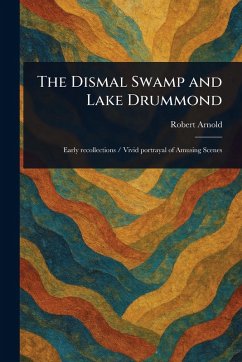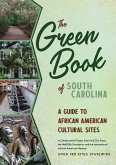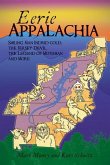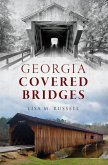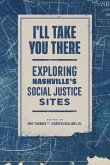"Dismal Swamp and Lake Drummond, Early recollections: Vivid portrayal of Amusing Scenes" by Robert Arnold offers a fascinating glimpse into the history and folklore of a unique American landscape. This book explores the Dismal Swamp and Lake Drummond, natural features straddling the border of Virginia and North Carolina. Drawing upon early recollections, Arnold paints a vivid picture of this often-misunderstood region. Readers interested in the natural history of the South, particularly its lakes, ponds, and swamps, will find a wealth of information within these pages. The book delves into the local history of the area, offering insights into the cultural and social aspects of life surrounding the Dismal Swamp. Explore the ecosystems, habitats, and the enduring allure of this captivating area through the words of a local observer. This work has been selected by scholars as being culturally important, and is part of the knowledge base of civilization as we know it. This work is in the public domain in the United States of America, and possibly other nations. Within the United States, you may freely copy and distribute this work, as no entity (individual or corporate) has a copyright on the body of the work. Scholars believe, and we concur, that this work is important enough to be preserved, reproduced, and made generally available to the public. We appreciate your support of the preservation process, and thank you for being an important part of keeping this knowledge alive and relevant.
Bitte wählen Sie Ihr Anliegen aus.
Rechnungen
Retourenschein anfordern
Bestellstatus
Storno

